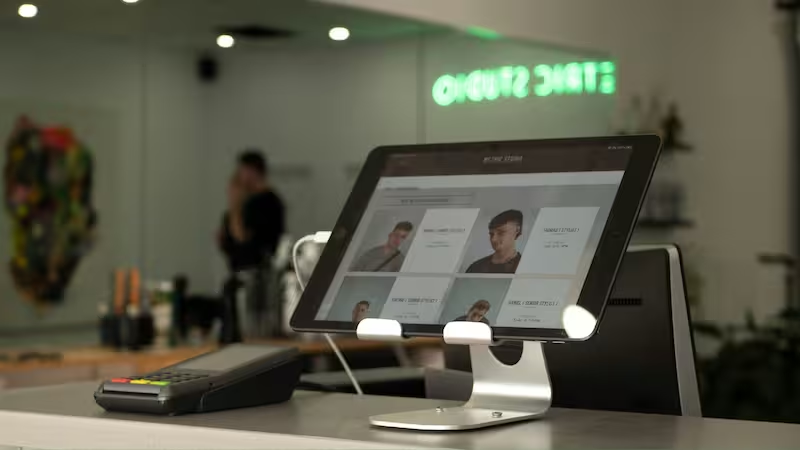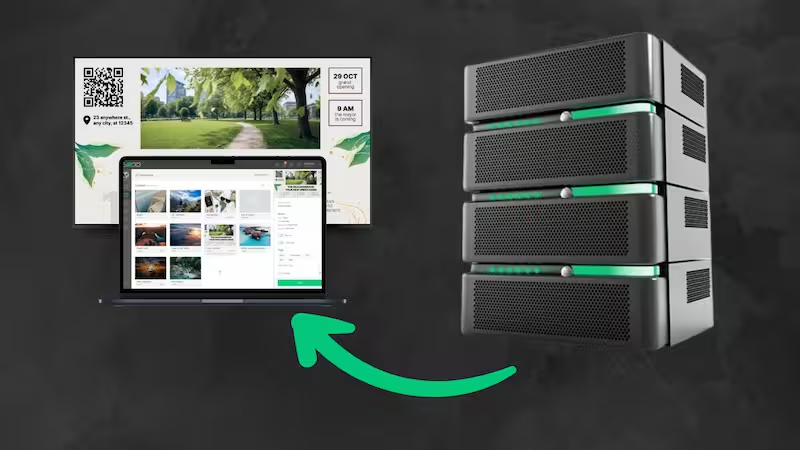
Table of Content
Behind every renowned hotel, there is a dedicated hotel management team. Hotel management revolves around facility maintenance, including inspections, repairs, employee training, and setting standards for customer satisfaction. This article will dive into the importance of hotel facility management, best practices, and how you can leverage technology to stand out in this industry.
Understanding the importance of hotel facility management

Hotel facility management encompasses maintaining and managing all activities outside the core business, including building structure, plumbing, and electrical systems. Management of these activities is essential as they directly impact operational costs, guest satisfaction and influence the hotel's reputation. A well-maintained and operational hotel facility can create a positive impression on guests, resulting in a delightful experience.
Guests expect clean rooms, comfortable accommodations, prompt resolution of maintenance issues, and functional amenities. Investing time and resources in timely repairs and maintenance encourages guests to return and refer their friends. Additionally, proper maintenance can help prevent costly breakdowns. Facility managers can take a proactive approach to minimize downtime, optimize operational efficiency and minimize overall maintenance costs. Effective hotel facility management can improve the guest experience and give the facility a competitive edge.
Essential components of hotel facility management
The components of hotel facility management include:
1. Housekeeping
Housekeeping involves ensuring maintaining cleanliness and hygiene. The housekeeping department is responsible for keeping public areas, back-of-house areas, and guest rooms stocked with essential supplies and well-maintained. Efficient housekeeping promotes a healthy and safe environment for the guests and drives the hotel's success.
2. Safety and Security
Safety and security encompass the protocols and measures to protect guests, property and hotel staff. You can install robust security systems like access control systems, alarms, and surveillance cameras to prevent unauthorized access and mitigate potential hotel risks.
3. IT Infrastructure and systems
Efficient IT infrastructure is essential for various hotel operations. Such essential technological systems include WI-FI, servers, property management systems, and digital communication systems, like, for example, digital signage network. A reliable IT infrastructure ensures efficient management of guest information, smooth reservation, and seamless communication.
4. Budgeting and financial management
Careful planning, allocation, and control of financial resources are essential in optimizing operations and achieving profitability. It involves forecasting future financial needs, managing the facility's budget, and tracking expenses. Financial management ensures the hotel's financial stability, competitiveness, and long-term success.
Effective Strategies for Hotel Facility Maintenance
You can employ the following strategies for effective facility maintenance.
Develop a comprehensive maintenance plan
A maintenance plan involves creating a detailed schedule outlining specific tasks for each area of the facility, including mechanical rooms, guest rooms, and common areas. The plan helps identify potential problems before they escalate, maintaining a high standard of functionality and ultimately enhancing the guest experience.
Hire right-fit candidates
Hire individuals with the required experience, skills, and attitude to succeed in maintenance. Highly skilled and experienced staff can handle diverse challenges in the facility.
Outsource maintenance when necessary

Several agencies offer outsourced servicing by conducting extensive research to identify what works for your hotel. By entrusting facility maintenance to professionals through outsourcing, you can ensure that your hotel facility is well-maintained and aligns with industry standards.
Ensure effective communication
Clear and concise communication ensures smooth operation in the facility. For instance, when a guest reports a faulty faucet to the receptionist, this information should reach the housekeeping department promptly.
Implementing sustainable practices in hotel facility management
Sustainable practices in hotel facility management are essential in reducing the negative environmental impact. For instance, hotel owners can install energy-efficient systems and utilize smart thermostats to optimize energy usage. Additionally, they can invest in renewable energy sources like solar panels to generate clean energy onsite. Hotels can also implement water-saving initiatives like water-recycling systems for non-potable uses such as sprinklers. Proper waste management can also conserve the environment. Hotels can implement waste management practices such as using biodegradable materials like food packaging, refillable water bottles and installing rubbish and recycling bins in guest rooms and common areas.
Maximizing efficiency through technology facility management in hotel
From guest experience to operations, smart hotel technology can help hotels reach higher levels of profitability. For instance, you can implement a comprehensive property management system (PMS) that integrates all hotel operations, including housekeeping and reservations. You can also implement digital signage, which allows you to control and make real-time updates on content across various facility areas, including the lobby and conference rooms. This technology makes communicating important information and events easier and provides directions to staff and guests. Additionally, you can use digital signage displays to provide personalized greetings for loyalty program members, welcome messages, local attractions and weather updates.
Staff training and development for successful facility management

As the hospitality industry evolves, not only does technology advance, but so do the methodologies and models used to offer services. To succeed in this competitive industry, hotel owners should invest time and resources in training their employees. Hotels with training programs have better services, employee retention, and higher customer satisfaction. Employees gain a deeper understanding of their roles and responsibilities by investing in staff training, enabling them to handle facility-related tasks efficiently and professionally.
Key Performance Indicators (KPIs) for hotel facility management
KPIs for hotel facility management ensure the efficiency and effectiveness of maintenance activities and overall performance. The basic ones include:
Average daily rate (ADR)
This KPI allows you to determine the average revenue collected for all occupied rooms daily.
Revenue per available room
This metric is used to analyze the average revenue for a given period.
The average length of Stay (ALOS)
This KPI calculates a guest’s length of stay by dividing the number of occupied rooms by the number of bookings.
Occupancy rate
The occupancy rate helps identify the number of empty and booked rooms. It involves dividing the occupied rooms by the total available rooms and multiplying by 100.
Elevate hotel experiences through effective facility management
There are several ways hotels can enhance guest experiences. For instance, you can customize your guests’ stay to meet their desires and preferences. This can make them feel welcome and appreciated. It is also essential to welcome criticism with genuine concern and open-mindedness to make the necessary adjustments in your management to improve the overall experience. Customer feedback, whether positive or negative, is essential for business growth. You can also implement hotel operations software to track guests’ requests and build a comprehensive guest profile. Taking advantage of hotel tech ensures your team works efficiently and seamlessly to deliver the best to your guests.
Look DS offers software that ensures effective hotel facility management. You can leverage the digital signage software to ensure efficient communication among different departments in the hotel and showcase your offerings to your guests in a dynamic and engaging way.
















